I love data. I mean, I really, really love data. Scouring fbref.com to see which Premier League players are outperforming their expected assists six games into the season is my idea of a good time.
“What a loser,” I hear you say. You make a strong point. But Football Manager 2021 is a game that allows me to get lost in the data and turn this obsession into a story. With luck, a rags to riches story that ends with me lifting a major trophy and mocking all those naysayers who never believed in my methods.
The time has come to move on from my nascent career at Mandel United and go full moneyball.
Of course, to play moneyball effectively you need a lot of data, so the first thing I do is load up a database of every league in the world and simulate a year’s worth of footballing history. As I write, the game is up to January 2021…
What does moneyball actually mean?
Boiling it down as simply as I can, true ‘moneyball’ is using data to find and sign players who are undervalued, in order to gain a competitive advantage.
Basically, I want to take a team from the lower reaches of the English Football League to the heights of the Premier League, and ideally into Europe for good measure. And I’m going to do that with a net transfer spend as close to zero as possible.
These are the rules I’m setting for myself (leaning on the conclusions drawn by Soccernomics and The Numbers Game, and this fantastic Bristol City save from Alex Stewart):
- Always improve the weakest area of the team first
- Wherever possible, promote from the youth setup rather than buying in talent
- Improve defence before attack – clean sheets are worth more points over the course of a season than goals
- Only buy players aged 21-25 who have already played a lot of football (their data sample size is far more robust than an eighteen year old just breaking in to the first team)
- Don’t buy strikers unless absolutely necessary – they’re massively overvalued
- Shop outside the usual markets to grab a bargain – I’m going to concentrate on transfer listed and out of contract players, and scout the low reputation leagues
- Sell players at their peak age so you don’t lose their market value
- Always be scouting for replacements
- Sell any player if another club offers more than they are worth (This will almost certainly be the hardest to stick to as I become attached…)
In summary: scout out hidden diamonds; sell them for an enormous profit; reinvest those funds to continually strengthen the team.
I am so, so excited about this challenge. As fun as it might be to break transfer records and sign three completely decadent forward players (hello, PSG), I am already dreaming about beating the petro-clubs with a squad acquired on a comparative shoe-string.
The Footballing Landscape
Perhaps the biggest decision I will make in this game is my very first one. What club am I going to choose?
Now that the game has finishing simulating the first year, let’s take a look at how the leagues panned out.
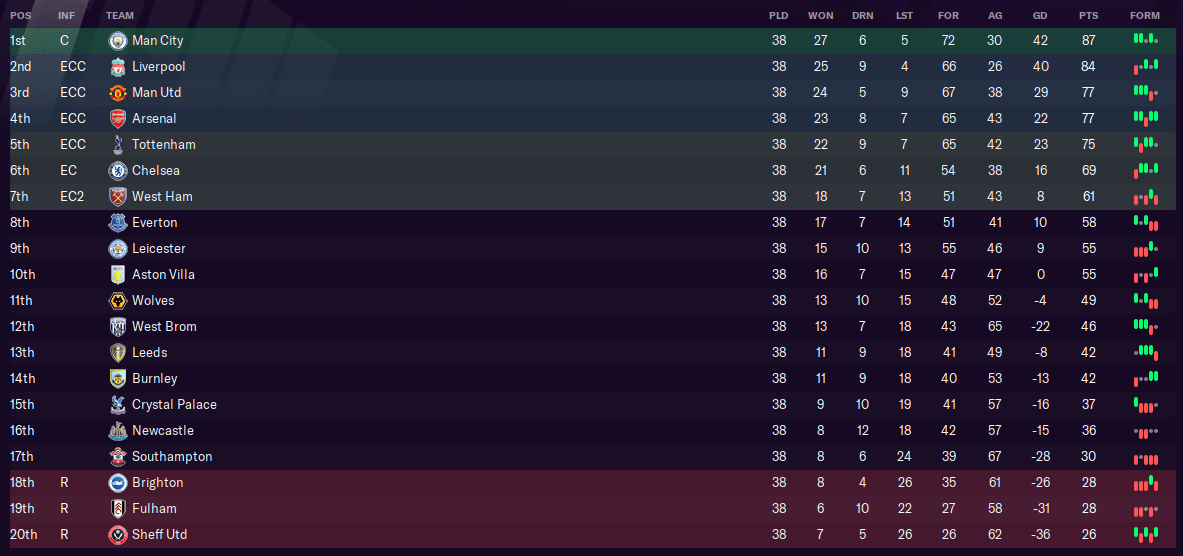
Unsurprisingly, Man City won the Premier League. However, Liverpool were a close second so I’m going to assume Virgil Van Dijk did not suffer a major injury. Elsewhere, we seem to be spinning off into an alternative football dimension – Arsenal qualified for the Champions League and were joined by Spurs, who were led to Europa League glory by Jose Mourinho. Fulham and Sheffield United both went down, as expected, but they were joined by Brighton.
I’m immediately tempted by the challenge of reigniting the Seagulls, but a quick look at their set-up shows they’re already heavily invested in the analytics area – a huge number of scouts and analysts immediately on hand feels like it would be cheating, so I continue to look further down the leagues.
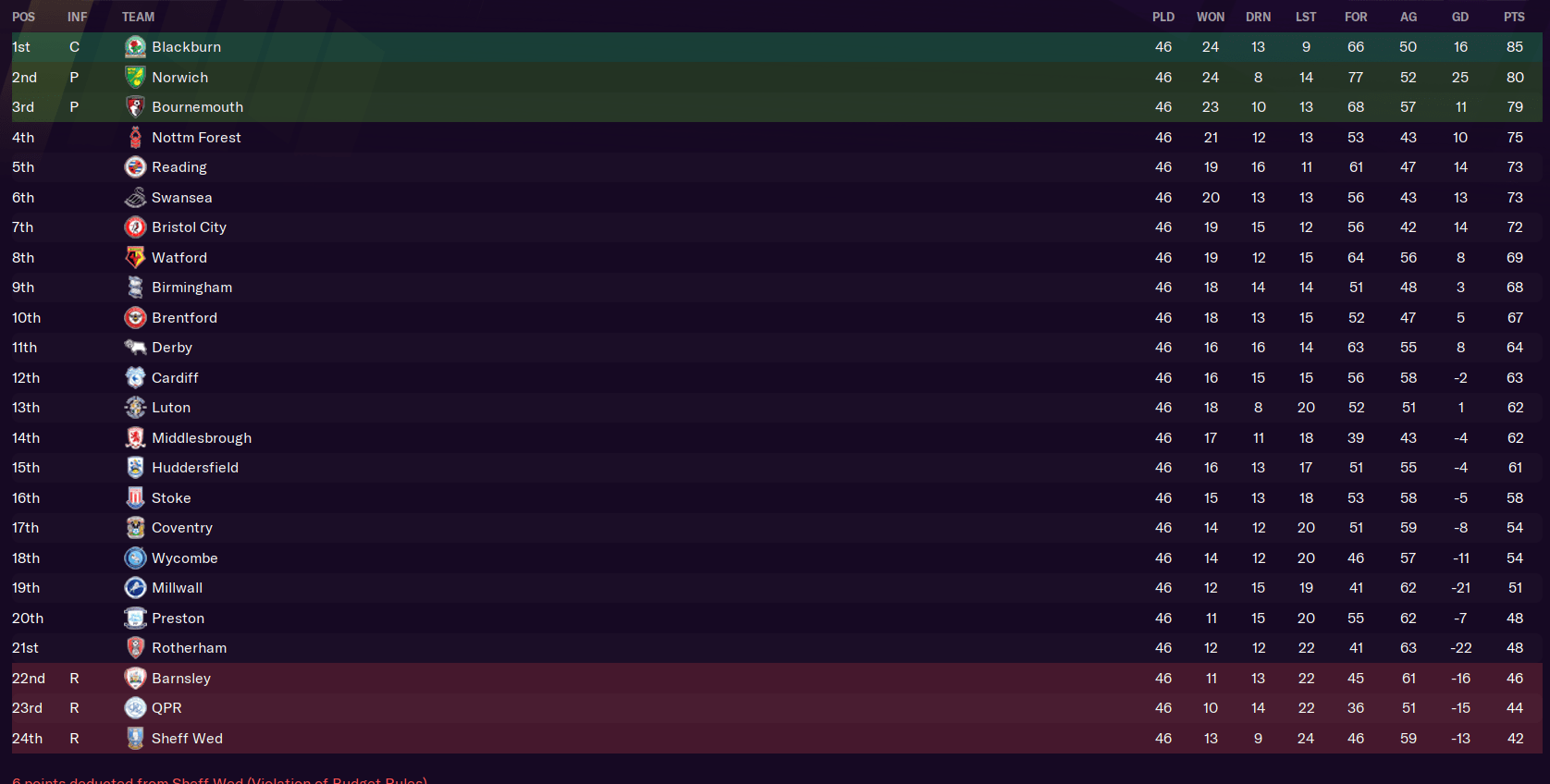
Blackburn, Norwich and Bournemouth were all promoted from the Championship, with Brentford and Watford not even making the play-offs. Barnsley, QPR and Sheffield Wednesday were relegated, and each of those could be a good pick for my moneyball experiment: Premier League history in their recent past; decent supporter bases. Tempting.
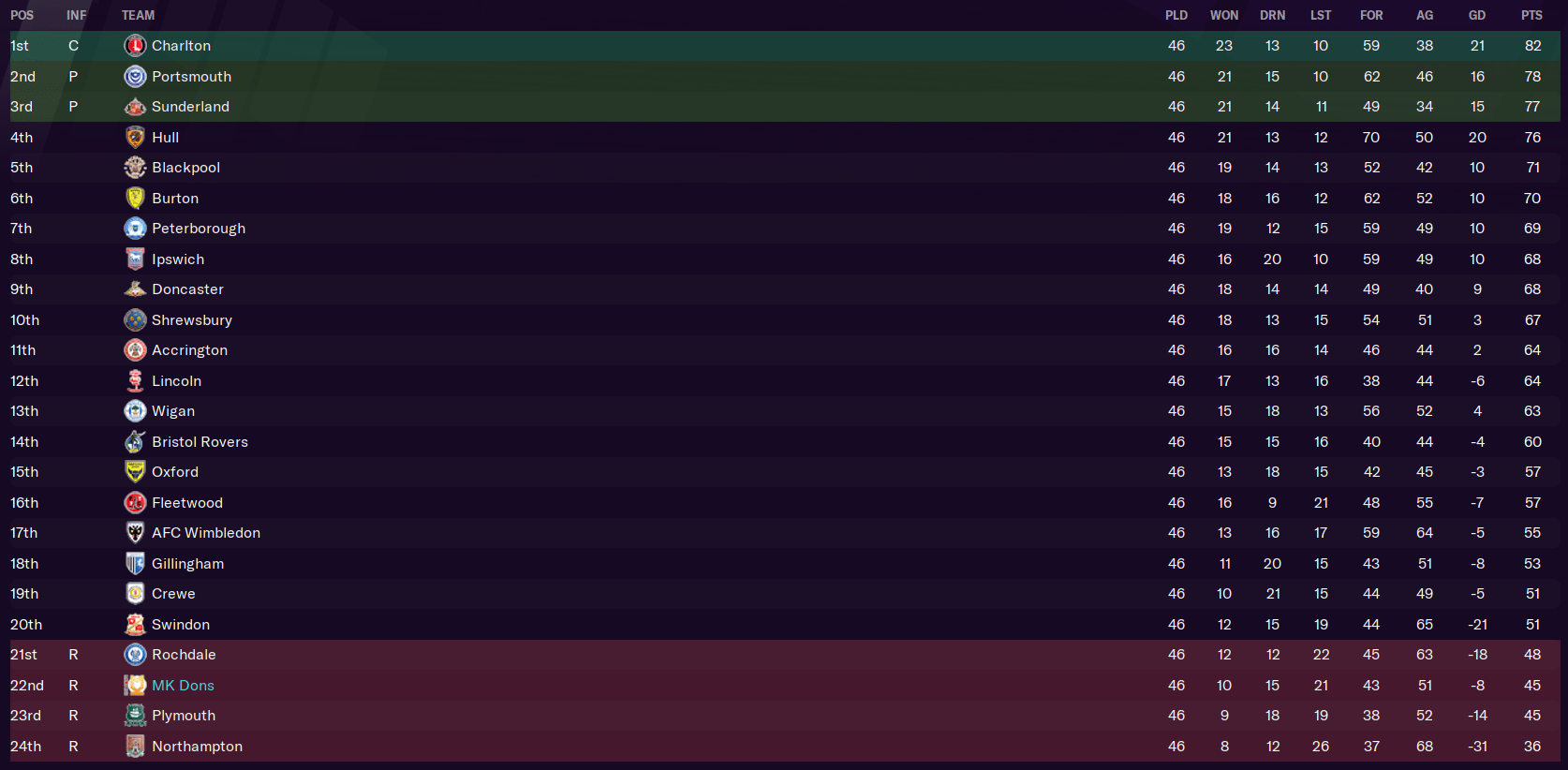
I’m a little gutted to see Sunderland have been promoted from League One. They were on my wishlist but look to be performing too well to require a change of ethos. Hopefully I’ll pass them in a few seasons on my way up the footballing pyramid.
But as I scan down the table I spot the one for me. A team with a decent pedigree for producing youth players, a strong supporter base, and a decent sized stadium. But no major success since they were formed in the early 21st century.
Before finalising my choice I carry out some more detailed research.
Milton Keynes Dons:
- Without a win since the beginning of March
- Finished the season with five back-to-back losses
- Just sacked their third manager of the season
- Relegation to League Two confirmed
- Contemplating life in the fourth tier of English football
This is perfect. MK Dons, we’re going on a moneyball adventure.
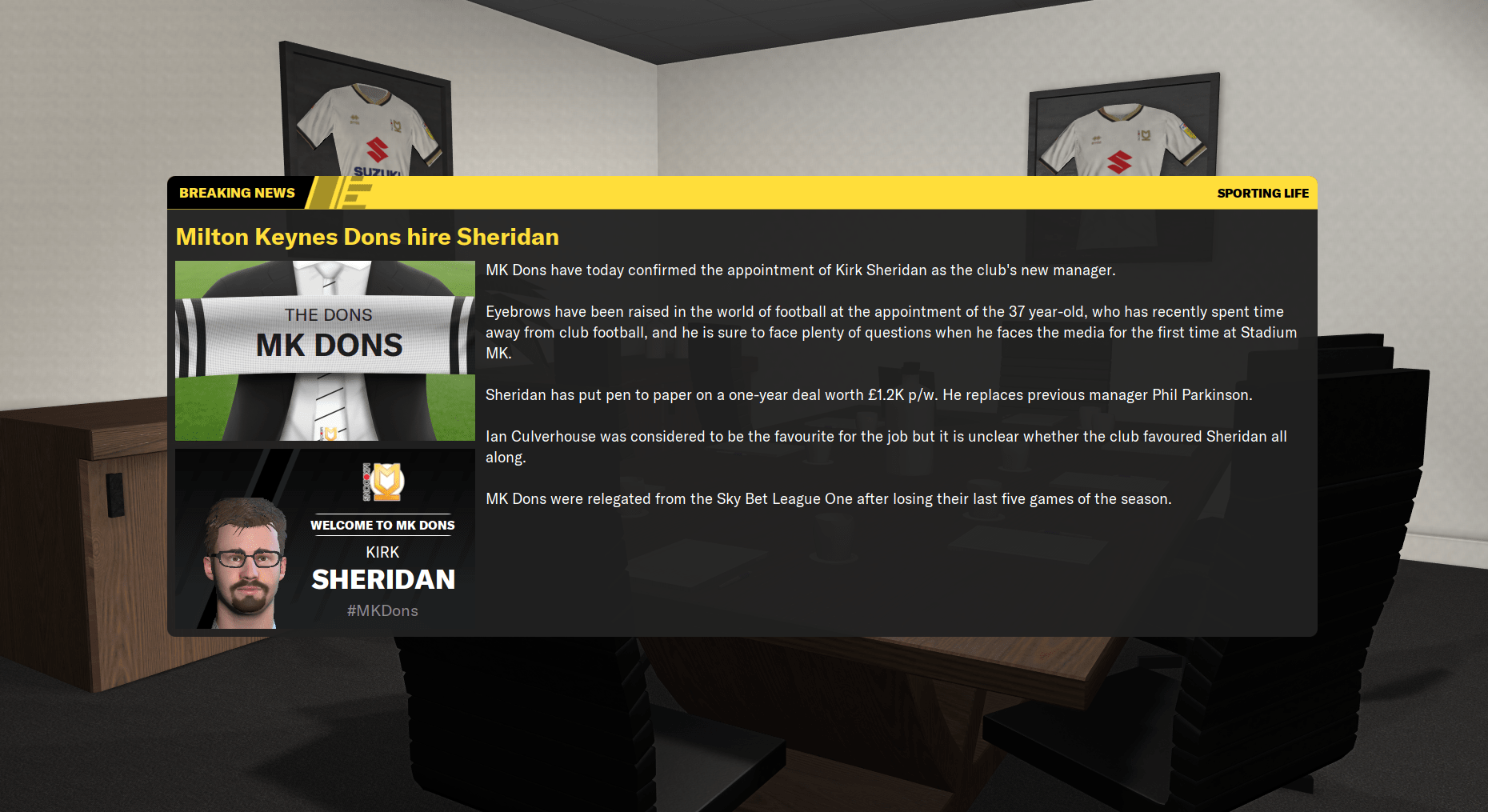
Join me soon for part two, where we’ll delve into the data to find out how this team got relegated, and identify the improvements that will be required to ensure we bounce back up at the first time of asking.


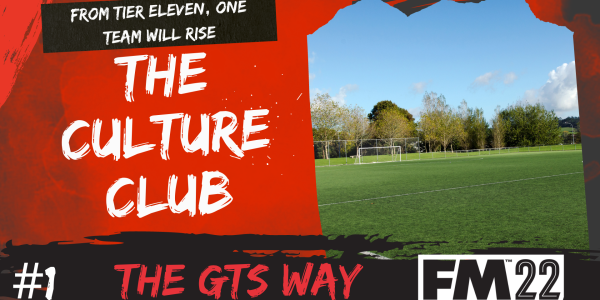

3 comments on “Moneyball FM: Part 1 – Ground Rules”